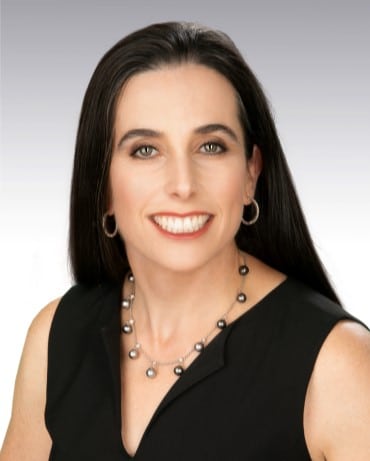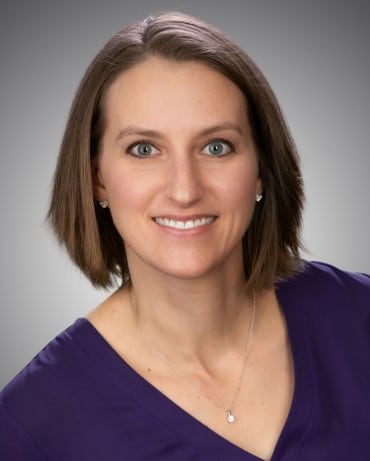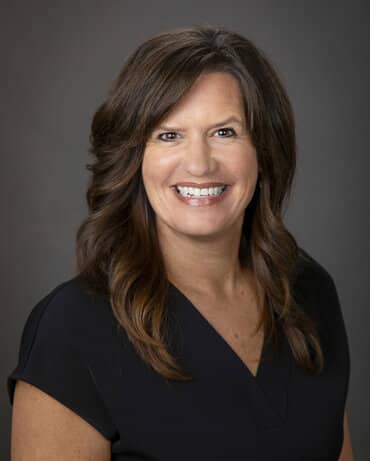SurgOne has a team of breast surgeons that are dedicated entirely to breast surgery. Having completed advanced training and fellowships in breast surgery, they are uniquely qualified to care for both benign and malignant breast conditions.
Benign breast disease may present as breast pain, breast lumps, nipple discharge, breast infections, fibrocystic disease, or inflammatory lesions. Our team of experts evaluates and treats these conditions and rules out the possibility of cancer. When faced with a breast cancer diagnosis our team is uniquely equipped with the newest and most advanced surgical techniques to evaluate and treat cancer. They are experts in excisional biopsies and sentinel bode biopsies, lumpectomies, mastectomies, and lymph node removal. In addition to surgical treatment of cancer, they play an integral role in coordinating a comprehensive treatment plan.
Our breast surgical oncologists take a multi-disciplinary approach to caring for each breast cancer patient. This means, they work as a team and utilize the expertise of breast radiologists, medical oncologists, radiation oncologists and pathologists to care for patients with cancer. Other extended members of our team include genetic counselors, physical therapists, plastic surgeons, breast reconstructive surgeons and lymphedema therapists. SurgOne breast surgeons are unique in that they collaborate with different health systems and cancer centers across Colorado. This broadens the treatment base and allows patients to benefit from the expertise that can be found among different specialists across Colorado. Patients can choose doctors across the different hospital systems and receive care in locations that are convenient to them.
Common Conditions Treated by Breast Surgical Oncologists
Benign Breast Conditions
Benign breast conditions are common. In fact, most breast conditions are non-cancerous. It is important however to seek the opinion of a specialist as some benign conditions can be linked to a higher risk of cancer later in life.
Benign conditions are often able to be treated with steroid injections or medications. Some may require a lumpectomy, which is a surgery to remove the abnormal tissue or mass. Our surgeons are specialists in Oncoplastic surgery which aims to preserve the appearance of the breast. They also offer options to reduce future risk of breast cancer through lifestyle modifications and medications. Common benign breast conditions include:
-
- Breast Masses or tumors that can range from a cyst to a fibroadenoma, which may be a precursor to breast cancer.
-
- Mastitis which is inflammation and infection in the breast tissue that occurs most often in breast feeding moms.
-
- Acute or chronic abscesses or breast infections.
-
- Infections and ductal obstructions from body piercings.
-
- High-risk surveillance and cancer risk reduction options for patients who may be pre-disposed to breast cancer.
Breast Cancer
Breast cancer is the second most common cancer diagnosed in women – right behind skin cancer. The good news is that the survival rates for breast cancer continue to improve with advances in treatment. When breast cancer is detected early and it has not spread, the 5-year survival rate is close to 100%. Women are urged to undergo regular mammograms and breast exams to identify any changes in the breasts or lumps. When breast cancer is diagnosed, it is important to seek care from a breast surgical oncologist which is a breast surgeon that is specifically trained to evaluate, diagnose, and remove cancer in the breast. Breast surgeons commonly perform:
-
- Excisional biopsies – Using the SAVI Scout technology, a device that is the size of a grain of rice that is placed in the tumor, and this guides the surgeon to identify tiny masses and remove them with precision.
-
- Sentinel node biopsies – the removal and examination of the lymph nodes closest to the cancer to determine if there has been any spread.
-
- Lumpectomy – This breast-conserving surgery allows the surgeon to remove the cancerous tissue from the breast along with some margin of normal tissue, yet preserve the breast.
-
- Mastectomy – Surgical removal of the entire breast using both traditional and nipple sparing techniques.
-
- Oncoplastic techniques – Our surgeons utilize oncoplastic techniques that are designed to minimize the impact of surgery and hide the scars.
-
- Reconstruction – Our team works closely with the plastic surgeons who perform breast reconstruction and at times it may be possible to perform direct-to-implant reconstruction at the same time as the initial surgery. Our team will meet with the patient and offer options that best aligns with each individual’s unique goals.
-
- Axillary lymph node management – Our team is well versed in the literature and the latest advancements to minimize axillary surgery when possible.
Recovering from Breast Surgery
Typically, both benign breast surgery and breast cancer surgery patients can have surgery and go home the same day. While each individual’s recovery will vary based on their procedure and individual circumstances, most patients find they are fully recovered within four to six weeks.


